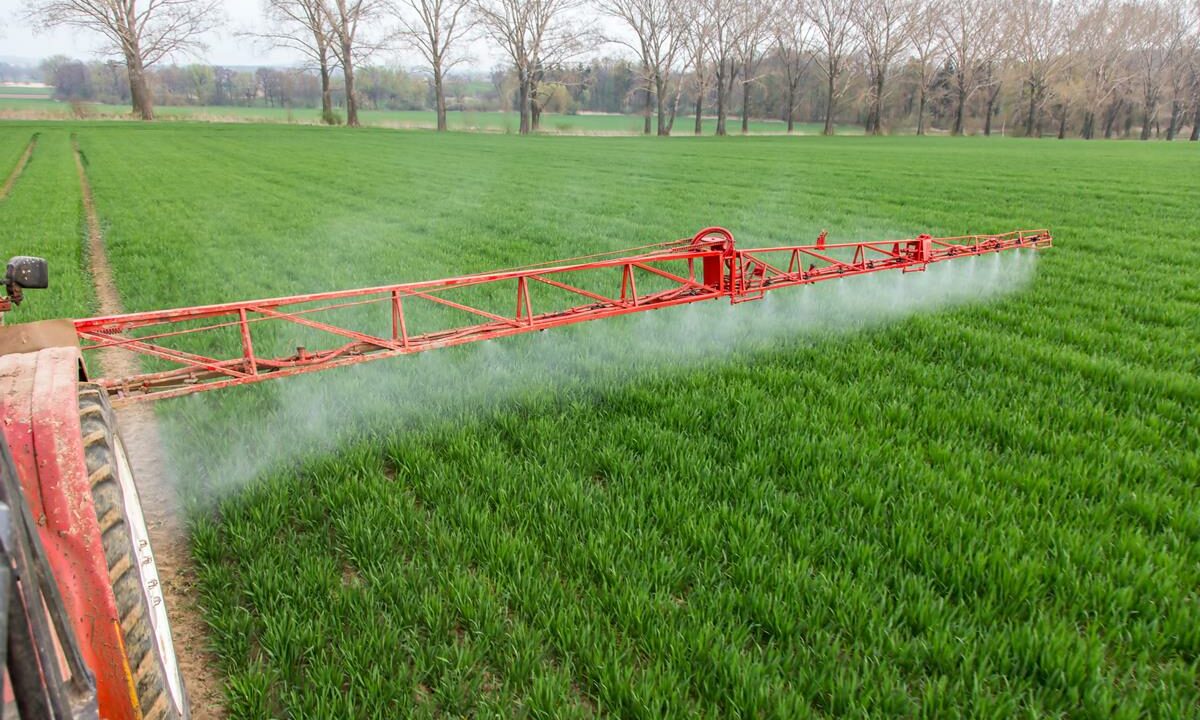Securing effective weed control in crops – including winter barley, wheat and oilseed rape – is now important according to Teagasc.
The authority is advising this is especially important where grass weeds must be managed.
Options on winter barley are limited with flufenacet, prosulfocarb, pendimethalin or chlotoluron only effective on small grass weeds once they begin to tiller then efficacy is reduced.
Firebird Met has now passed its latest application date so options like Firebird, Tower, Stomp, Defy and Diflanil are the main options, either as solo products or in mixes.
Teagasc is advising growers to consult the weeds controlled by each product to determine the best options for each field situation, bearing in mind different products may be needed for different fields.
A period of incoming dry weather is forecast which will be especially important for farmers at this time.
For oilseed rape crops, many of which may have only received a graminicide to control volunteer cereals, many growers have opted to use Astrokerb or Kerb to do the majority of the weed control.
These will control problem grass weeds, while the aminopyralid in the Astro kerb will give more broad-spectrum weed control including, groundsel, poppy, bindweed and mayweed.
But farmers should be also aware that crops sprayed with Astrokerb, must have the straw incorporated and not baled.
It is important to note that these fields then should be entered into the Straw Incorporation Measure (SIM) on the 2023 Basic Payment Scheme (BPS) application.
Both Kerb and Astrokerb work best when soil temperatures are below 8oC and are dropping the outlook for the coming week suggests this may be the ideal time for the two products.
For winter wheat crops there are still plenty of options to control grass weeds in the spring such as Pacifica Plus, Broadway Star, Monolith or Alister Flex.
All will give good control of bromes but Broadway Star, for example, will not control annual meadow grass.
Growers therefore are advise to choose products to control the different target weeds in different fields.
Weed control and insecticide application often go hand in hand at this time of time of year but this year things may be different.
The recent wet weather normally would reduce aphid flight as is seen from some results at the aphid suction towers that Teagasc have placed in different parts of the country.
But crops should be monitored to check for the presence for aphids.
Currently, Teagasc has more than 20 crops in different location throughout the country using yellow traps to trap aphids so an assessment can be made on what species are flying and also if they are carrying virus. To date numbers appear to be relatively low but there are some differences between locations.
Recent research has also backed up previous results that one application of an insecticide will give the same control as multiple applications especially in October sown crops.
As a result, there is no need for multiple applications. This research has also shown that a pyrethroid, e.g. Sumi Alpha, is as effective as Transform – the other insecticide option that is currently available.
Growers should take particular note that this is the last year in which Transform can be used.
